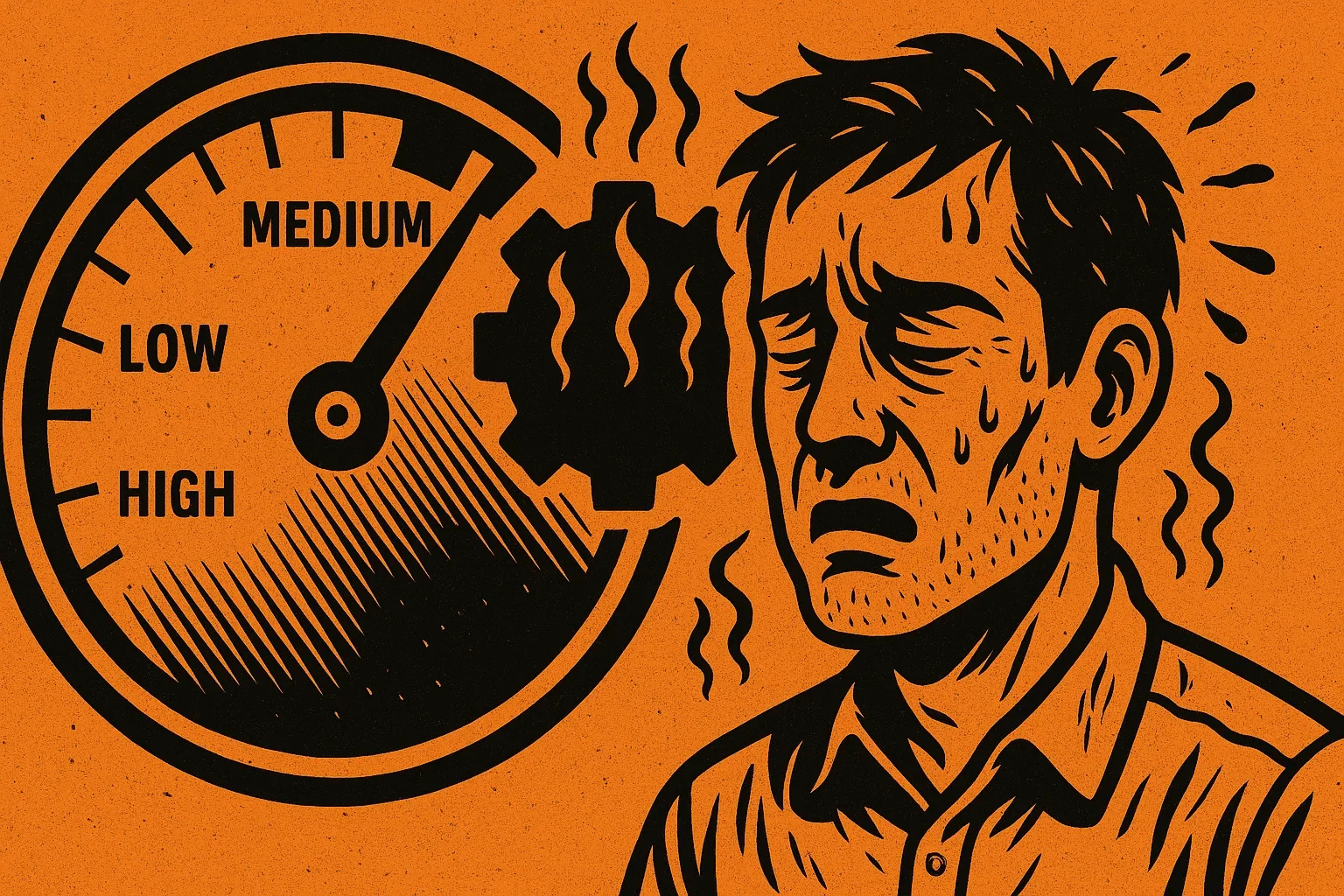In a time when a person's value is measured by what they do rather than who they are, being constantly busy has become a badge of honor, and constant work is the standard of success-if at the cost of mental and physical health and human relationships.
Statistics show that nearly 47 percent of workers in the United States derive their sense of self-worth from their professional achievements, while 31 percent of adults around the world believe that stress has become the biggest health issue in their countries. The question is no longer: "What do we do?" but "How much do we produce?"-as if life is a race with no finish line.
Biologically, the obsession with productivity puts the brain in a constant state of emergency through the constant release of the hormone cortisol, leading to poor memory, impulsive decision-making, mental fog and chronic fatigue. The body pays the price: weakened immunity, high blood pressure, sleep issues and even a 50% increased risk of heart disease in overworked people. The result? An economy that wins ... and a human being that falls apart.
At the end of this road awaits burnout: a terrifying condition in which a person feels mentally and physically drained despite all their "accomplishments." Gallup data indicates that 3 out of 4 employees globally suffer from job burnout, while scientific studies describe burnout as a condition that causes actual brain damage and is linked to depression and meaninglessness.
However, not everyone is affected equally; women, workers in the precarious economy, and the poor pay the greatest price. Women work an extra 2.8 hours a day unpaid for home care work, while 40% of digital workers are constantly stressed and 63% are unable to cover their basic expenses.
But there is a way out. Recent experiments such as the 4-day work week that reduced stress by 39% and increased job satisfaction without decreasing productivity are working. New Humanitarian Work Models call for: smart rest, work-life balance, respect for mental health, and prioritizing the human before the production number...because real progress is not in the number of hours worked...but in the quality of life.
To view the video and read the full paper, please scroll down.
Productivity mania: When the quest for fulfillment turns into a drain on the mind and body
It's not that we don't work enough... it's that we work until we lose ourselves.

Comments